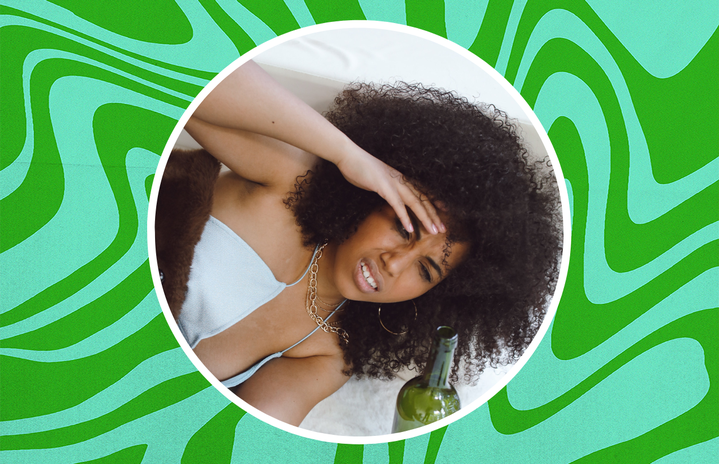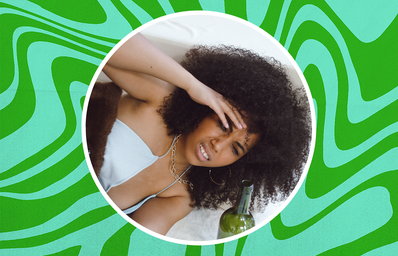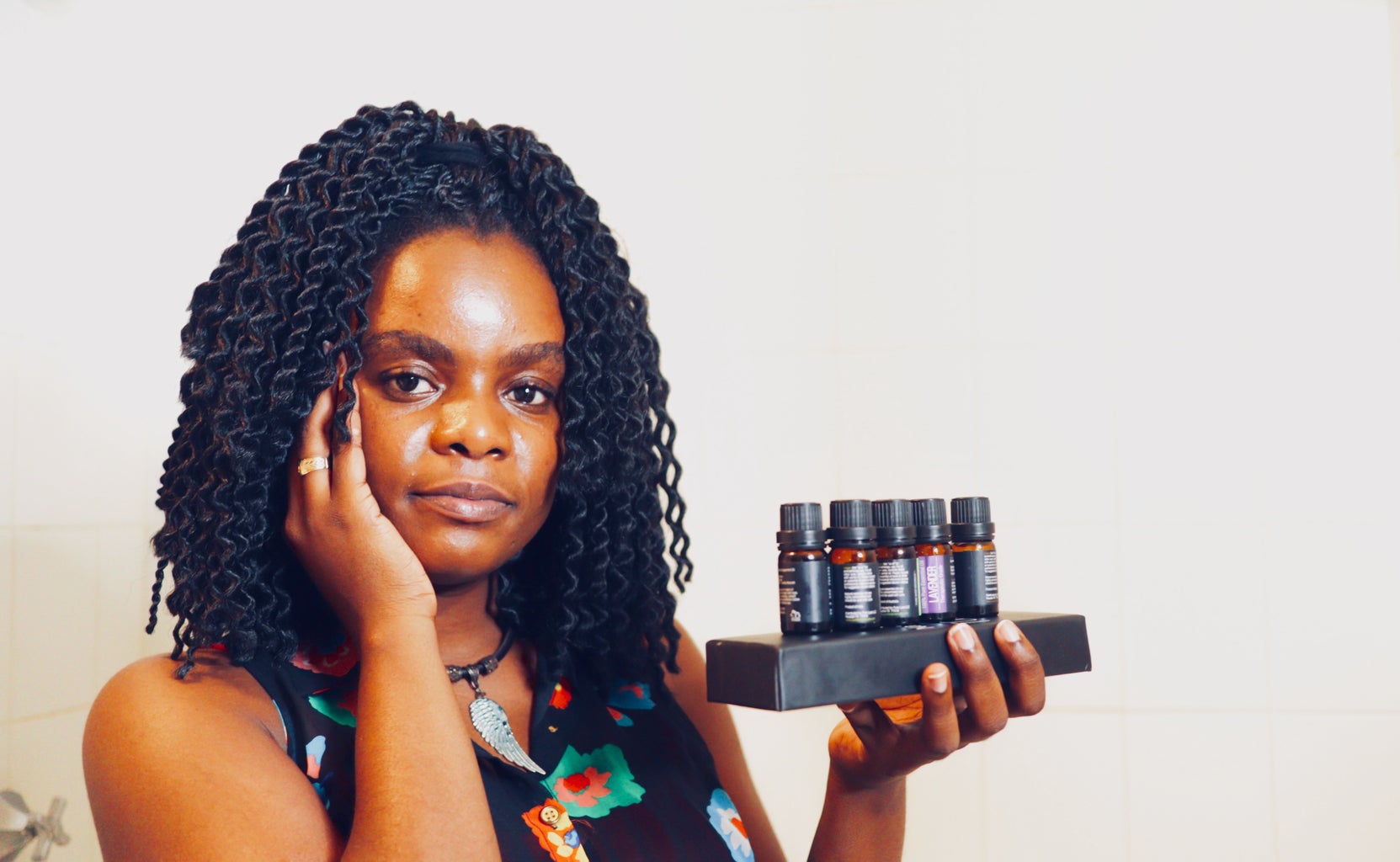Everyone knows Alix Earle, the 22-year-old Tik Toker from the University of Miami. And yes, when I say “everyone” I really mean everyone. (Cue the picture of her and Channing Tatum at his recent movie premiere). The Tik Tok vlogger recently gained an overwhelming amount of traction because, to put it short, she’s hot. If there’s any singular person that every guy wants to be with and every girl wants to be, it’s Alix Earle. She effortlessly made the entire Tik Tok community fall in love with her… except for the Black community, who has had strong opinions on her recently after two different problems began circulating about Earle’s platform as a white creator.
Alix Earle first became the subject of a negative conversation when her white privilege was emphasized by the Black community on Tik Tok. Users began putting her down after comparing her to Monet McMichael, a Black influencer who produces the same content as Alix, except with a lot less hype. It angered a lot of POCs that Alix’s success may have been shaped by her blonde hair and conventional beauty. This urged a conversation about how who gets the hype is dictated not by influencers, but by us as media consumers, as well as how colorism and beauty standards affect popularity.
Here’s where the real controversy comes in: with Earle being the newest it-girl, if she uses a product, it’s obviously a must-have for her audience. Her page is flooded with get-ready-with-me videos, prompting everyone to take notes on what to buy because Alix said so. So when she made a video highlighting her Amazon favorites, thanking the Mielle Rosemary Hair Oil for her recent hair growth birthed a whole new controversy for the creator.
what happened when alix promoted the mielle rosemary hair oil?
While it seems there was no harm intended by Earle, a lot of people grew angry when Mielle Rosemary Hair Oil became the new viral product that everyone needed. I mean, look at Alix’s hair, of course everyone and their mother is going to want the product that she raves about. As expected, the oil began vanishing from the shelves of Target everywhere, while greeting us with “sold out” signs on every website.
Mielle Organics is a brand seeking to restore curls and encourages their oil to be used on protective styles like braids and weaves, so it’s pretty easy to recognize the oil is made for Black hair. The CEO of Mielle Organics, Monique Rodriguez, explained that their goal is to provide Black women globally with products that meet their needs because of the lack of Black representation in the hair industry.
Alix stans and anti-Alix users of Tik Tok are in a debate on whether the creator is in the wrong for using and promoting the product, arguing between ignorant and innocent.
How was alix’s promotion of the oil hurtful?
As a POC, it’s easy for me to recognize the struggle of liking to follow trends within the hair and makeup community but drawing the short end of the stick just for being Black. I mean, most blushes or contour sticks that go viral on Tik Tok are only going to look good on lighter-shade girls. Most foundation lines have countless different white shades, but only half the amount of dark shades. When talking about hair, most viral products aren’t going to be optimal for Black kings and queens either because Black hair has different needs than other types of hair.
To get to my point: POCs don’t have as many options as white people do when it comes to the beauty industry. So when a valuable product within the Black community is found and taken over by people who don’t truly need it, there’s a lot of room for frustration. If you know anything about supply and demand, you know the probability of the $10 oil skyrocketing in price soon is pretty high. And suddenly, our curly-headed friends are struggling to find products that they need, and once they do, they’ll have to pay an astronomical amount for it.
The fear at hand was not only a lack of availability or a high price. It was also a worry that due to a new demographic of people buying the hair oil, Mielle Organics would change the ingredients and products to fit them rather than keeping its loyalty to the Black community.
It goes further than that, though, when looking at how this might negatively impact the business. When girls with pin-straight hair try Mielle Organic’s hair oil, there’s a chance it might not work for them the way they hope. So the result? They leave a bad review. They tell the world that the product is a scam and shows no real growth. Then, potential customers see these reviews and suddenly, the Black-owned business that we were trying to help ends up just getting hurt in the process.
okay, but maybe alix promoting the oil was a slay
If you wanna look at the other side of things, does Alix really deserve the blame? It’s always encouraged to support both small businesses and Black-owned businesses, and that is exactly what Alix did. Though Mielle Organics’ newfound hype may have been inconvenient for their regular users, it sky-rocketed the brand and made it a staple across social media. It can be so hard for small businesses to have a breakthrough this big, and Alix used her platform to literally sell the product out and make it a widely-known company.
Let’s talk about textures again. Our hair is like snowflakes: all of them are a bit different and have their own set of needs. So if Alix Earle’s hair actually does love Mielle’s Rosemary Hair Oil, then that’s her truth. As an influencer who does her hair and makeup as her main source of content, don’t we expect her to tell us her favorite products? As the it-girl that everyone wants to look like, don’t we want her to tell us what she uses so we can have flowy hair and glowing skin like hers?
Personally, if I was an influencer in college, researching the background of every product I use wouldn’t be something that immediately crossed my mind. Though her lack of consideration for the repercussions that the video would bring did ultimately cause a band of people to try and cancel her, who would think something bigger would come out of an Amazon favorites video?
I’ll leave you with this last thought: Mielle’s Rosemary Hair Oil is targeted toward a Black audience, but says “great for all hair types and textures…” How much of our frustration can we gear toward Alix Earle rather than the situation? If the oil works for her hair, how can this be a cancel-worthy situation?
What is the end result of the situation?
Fear no longer, Mielle has spoken. On January 2, Mielle Organics made an Instagram post that put all our fears at ease with a picture reading “New year, same formula.”
We remain forever committed to developing quality, efficacious products that address the need states for our customers’ hair types!
Mielle Organics
I think we collectively blew out a sigh of relief after reading the post, and an even bigger one when they followed that post with a video explaining their new partnership with P&G Beauty to continue to “serve the underserved with high-quality products.” And cue me shrieking in happiness that Mielle Organics will continue to prioritize the Black community!
As for Alix, she hasn’t mentioned the situation further. Personally, I don’t see the need for an apology video, though a disclaimer that “hey, this product is for the curly-headed girlypops” in order to help dodge the mean reviews from those who the product didn’t work on wouldn’t have hurt.
At the end of the day, I think we’re all doing a silent prayer that Mielle Organics’ products stay at the same price, ingredients, and availability. I think the only thing to do now for both Alix and us as an audience is to observe, learn, and move on. We must remember that part of living in a world where social media controls everything is that everything is always changing and everything is bound to change. All we can do is accept the good parts and the bad together.



